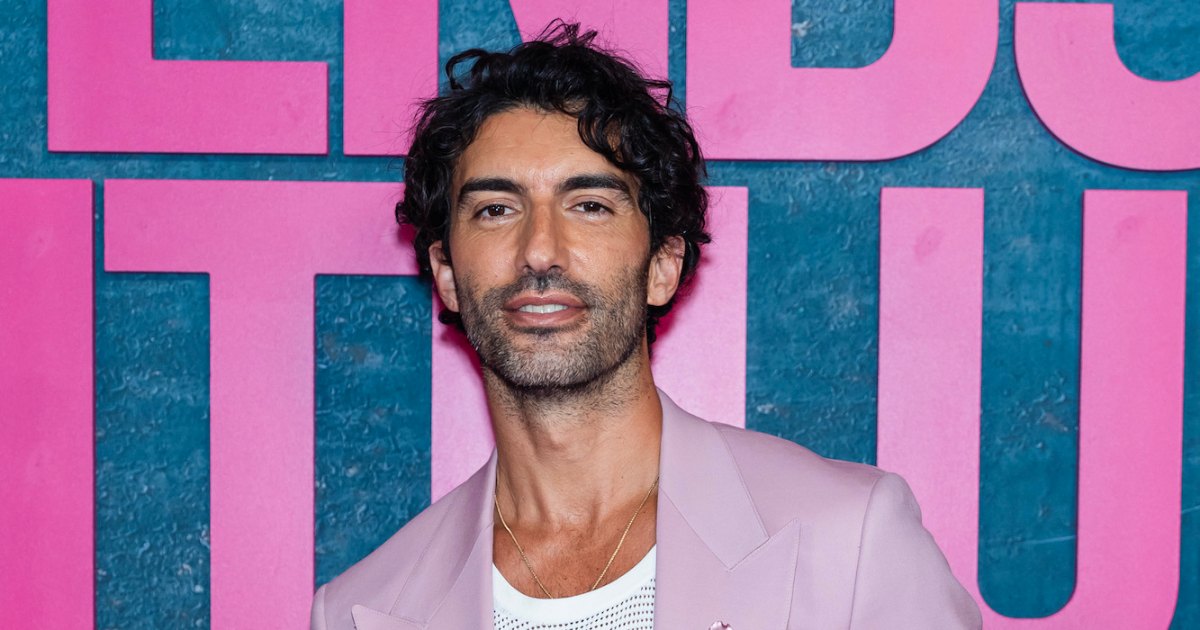Behind the Scenes: Insights from Justin Baldoni’s Intimacy Coordinator Meeting
In the ever-evolving landscape of film and television, the role of intimacy coordinators has emerged as a pivotal component in ensuring emotional safety and authenticity in storytelling. Recently, actor and director Justin Baldoni opened the doors to a private meeting that provided a rare glimpse into the integral work of intimacy coordinators. This meeting served not only to enlighten attendees about the nuances of this profession but also to emphasize the importance of creating a safe and respectful environment on set. In this article, we will explore the insights shared during Baldoni’s meeting, highlighting the significance of intimacy coordinators in contemporary filmmaking.
The Role of Intimacy Coordinators
Intimacy coordinators are trained professionals who specialize in choreographing intimate scenes in film and television. Their primary responsibility is to ensure that all parties involved feel comfortable, respected, and safe while performing scenes that require a high level of vulnerability. This role has gained traction in recent years, particularly following the #MeToo movement, which brought attention to the importance of consent and emotional safety in the entertainment industry.
During Baldoni’s meeting, he emphasized that intimacy coordinators serve as a bridge between actors and directors. They collaborate closely with both to establish clear communication and set boundaries, ensuring that everyone is on the same page regarding the expectations for intimate scenes. Here are some key aspects of their role:
- Consent and Communication: Intimacy coordinators facilitate open discussions about consent, enabling actors to voice their comfort levels and boundaries.
- Choreography: They create detailed choreography for intimate scenes, ensuring that movements are not only believable but also respectful of the actors’ limits.
- Emotional Support: Beyond physical choreography, intimacy coordinators provide emotional support, helping actors navigate the complex feelings that may arise during intimate scenes.
- Safety Protocols: They implement safety protocols, ensuring that the environment is conducive to vulnerability and trust.
Insights from Justin Baldoni’s Meeting
During the meeting, Baldoni shared personal anecdotes and experiences that highlighted the necessity of intimacy coordinators in the creative process. One of the most impactful stories he recounted involved a scene from his own work where he initially struggled to navigate the emotional landscape of intimacy on set. With the assistance of an intimacy coordinator, he found a way to approach the scene that honored both the narrative and the actors’ comfort levels. This experience underscored the importance of having a dedicated professional to guide intimate moments.
Here are some insights Baldoni shared that resonated with attendees:
- Empowerment through Education: Baldoni noted that many actors are not trained in how to handle intimate scenes. Intimacy coordinators educate actors about their rights and instill confidence in them to advocate for their boundaries.
- Fostering a Collaborative Environment: The presence of an intimacy coordinator fosters collaboration among the cast and crew, creating an atmosphere where everyone feels valued and heard.
- Changing Industry Norms: Baldoni discussed how the integration of intimacy coordinators is reshaping the industry, encouraging a culture of consent and respect that is becoming the norm rather than the exception.
The Impact of Emotional Safety in Storytelling
Emotional safety is paramount in storytelling, particularly when exploring themes of intimacy and vulnerability. Baldoni articulated that when actors feel secure, they are more likely to deliver authentic performances that resonate with audiences. The work of intimacy coordinators directly contributes to this sense of safety, allowing actors to fully immerse themselves in their roles without fear of crossing personal boundaries.
Moreover, the inclusion of intimacy coordinators is not just beneficial for the actors; it enhances the overall quality of the production. By ensuring that intimate scenes are handled with care and professionalism, filmmakers can create a more compelling and believable narrative. Audiences can sense when performers are at ease, which ultimately leads to a more engaging viewing experience.
Challenges and Opportunities
While the role of intimacy coordinators is increasingly recognized, challenges still exist within the industry. Some productions may still hesitate to hire intimacy coordinators due to budget constraints or a lack of understanding of their importance. Baldoni addressed these challenges during the meeting, advocating for a shift in mindset among filmmakers and producers.
He emphasized that investing in intimacy coordinators is an investment in the project’s success. As the industry continues to evolve, there is an opportunity for filmmakers to embrace this role as essential rather than optional. This shift could lead to a more diverse range of stories being told, as creators feel empowered to explore intimate themes without fear of discomfort or backlash.
Conclusion: A Call to Action
Justin Baldoni’s insights during his intimacy coordinator meeting shed light on the crucial role these professionals play in the film and television industry. As stories become more complex and layered, the need for emotional safety and respect in intimate storytelling has never been more evident. By fostering a culture that prioritizes consent, communication, and collaboration, filmmakers can create a more inclusive and supportive environment for everyone involved.
As audiences, it’s important to recognize and appreciate the efforts of intimacy coordinators behind the scenes. Their work not only enhances the quality of storytelling but also promotes a healthier industry standard. As we move forward, let us advocate for the continued integration of intimacy coordinators in all forms of media, ensuring that stories are told with authenticity, respect, and emotional integrity.
See more CNET Live

